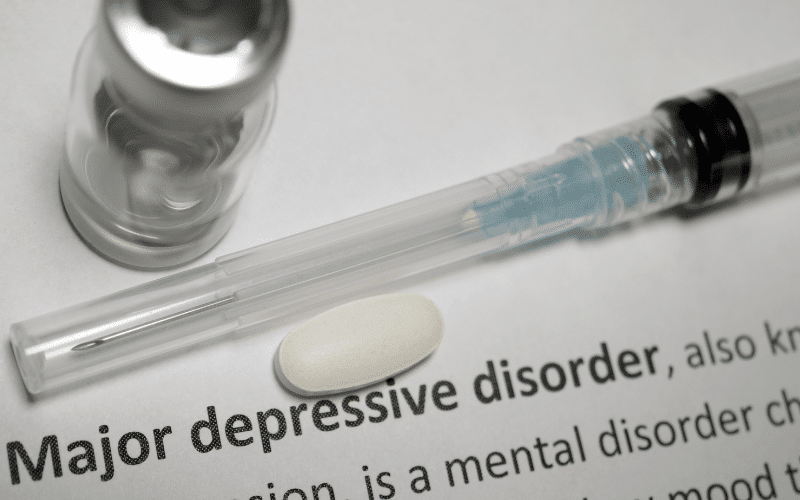Introduction: Unraveling the Complexities of Major Depressive Disorder

Major depression, also known as major depressive disorder (MDD), is a serious mental health condition that affects millions of people worldwide. In this article, we will delve into the 15 various symptoms associated with MDD, to help you better understand and recognize this debilitating condition. The importance of early identification cannot be overstated, as it allows for timely intervention and support.
Major depression is a mood disorder characterized by persistent feelings of sadness, hopelessness, and a lack of interest or pleasure in activities. While everyone experiences low moods from time to time, MDD is much more than just feeling sad or down for a few days. The symptoms are severe and long-lasting, often lasting for weeks, months, or even years if left untreated.
MDD is a widespread and impactful disorder. According to the World Health Organization, over 260 million people suffer from depression globally. It is the leading cause of disability worldwide and can lead to severe emotional, physical, and social consequences. The economic burden of MDD is also substantial, as it results in lost productivity, increased healthcare costs, and a higher risk of unemployment.
The exact cause of MDD and its symptoms is not fully understood, but it is believed to be a combination of genetic, biological, environmental, and psychological factors. Changes in brain chemistry, hormonal imbalances, and life stressors may all contribute to the development and persistence of MDD symptoms. There is no single cause for MDD, and it often results from a complex interplay of these factors. Some individuals may be more vulnerable to developing major depression due to their genetic makeup, while others may be more susceptible due to adverse life experiences, such as trauma or chronic stress.
Symptom 1. Persistent Sadness: The Emotional Weight of Major Depression

Persistent sadness is a hallmark of major depressive disorder. It goes beyond just feeling down or blue for a short period. This sadness is intense, lasting for most of the day and occurring nearly every day. It can interfere with daily activities, making it difficult to function at work or school or maintain relationships with friends and family.
The sadness experienced by those with MDD can manifest in various ways. For some, it may present as feelings of emptiness or numbness. Others may find themselves tearful or irritable for no apparent reason. The overwhelming nature of this sadness often leads to feelings of hopelessness, and some may even experience thoughts of self-harm or suicide.
It’s essential to recognize that persistent sadness in MDD is not simply a reaction to a specific event or situation. While it’s normal to feel sadness in response to challenging life events, the sadness experienced by individuals with major depression is pervasive and not easily explained by external circumstances. This sadness can be particularly challenging to manage, as it can feel unrelenting and inescapable.
One of the challenges of addressing persistent sadness in major depression is that it can be difficult to identify the cause. It’s important to remember that MDD is a complex condition with multiple contributing factors. As such, it’s crucial to seek professional help to address the underlying causes of this sadness and develop appropriate coping strategies.
Treatment options for persistent sadness in major depression may include medication, psychotherapy, or a combination of both. Antidepressant medications can help regulate mood and alleviate some of the emotional symptoms associated with MDD. Psychotherapy, such as cognitive-behavioral therapy (CBT) or interpersonal therapy, can help individuals identify negative thought patterns and develop healthier ways of coping with their emotions. (1)